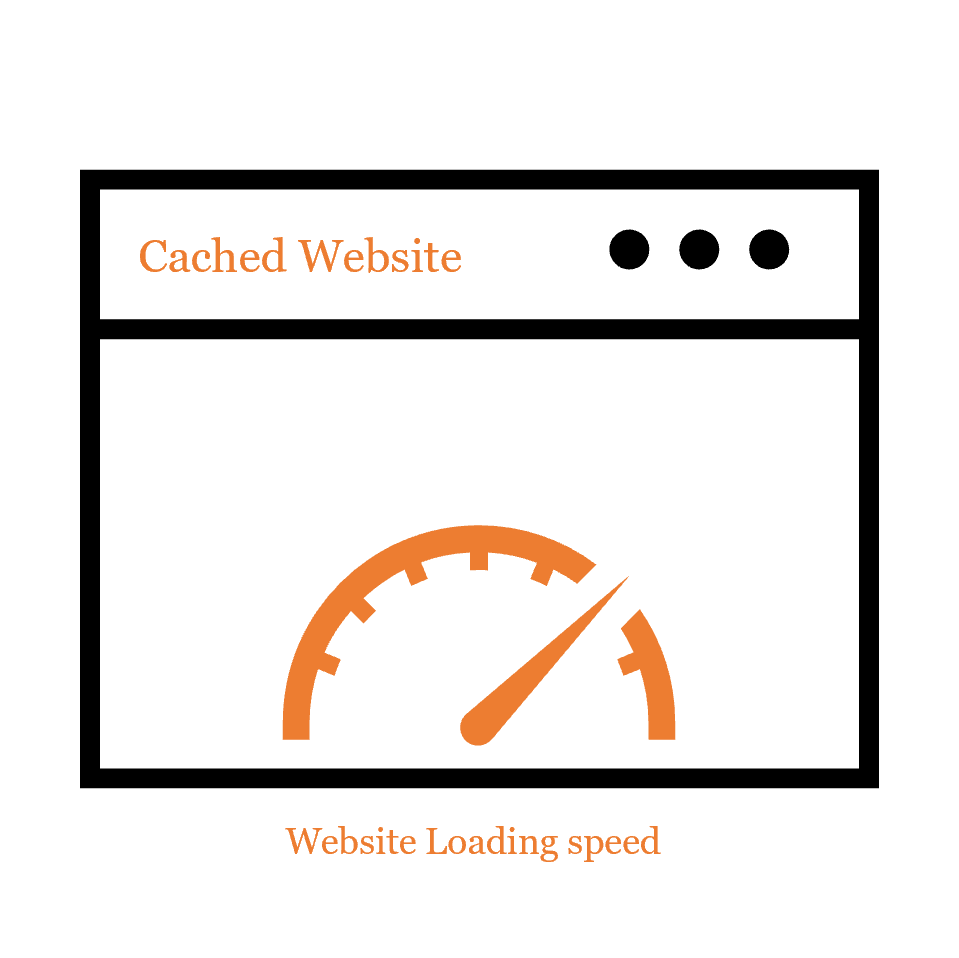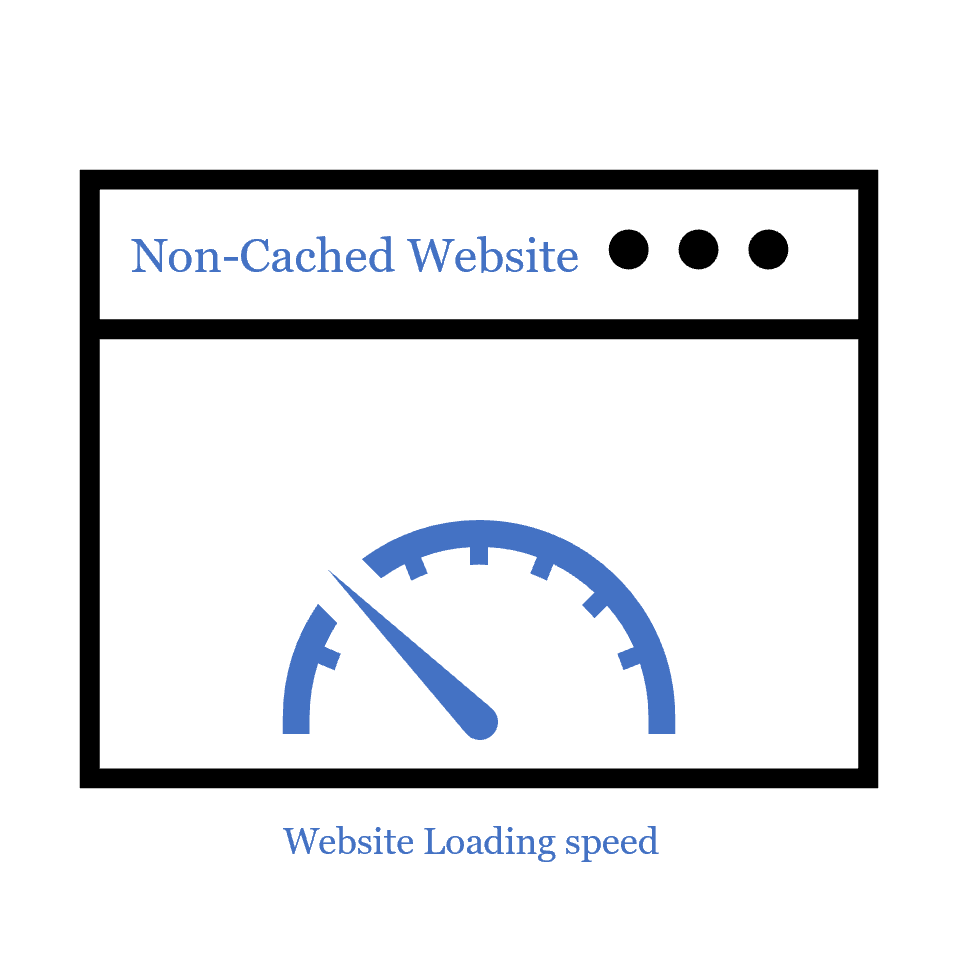
Have you ever wondered how a website remembers who you are and loads the page seamlessly? This is because of an HTTP cookie and web cache.
A cookie is a file that stores information that identifies an entity. Meanwhile, caching saves parts of a website in order to help it load faster on your next visit. The main purpose of an HTTP cookie and web cache are to enhance the user experience and streamline the webpage loading process.
Browser Cache
The process of caching speeds up the rendering of websites by storing copies of it. Reusing the stored copy when re-visiting websites helps them load faster.


What if the site content changes?
New content is configured by the cache when it is published, but the rest of the pages remain unchanged.
How often should you clear browser cache and cookies?
It depends. In general, it is good to clear them as often as you can, and when you need to. Although caching generally works well, sometimes websites may have formatting or loading issues. To resolve these issues, you can either clear your browser cache or force the cache to reload using the keyboard shortcut “Ctrl + F5”.
Learn how to clear cache and cookies here. For additional information, check out ‘How to clean your cache on any browser‘.
HTTP Cookies
There are three types of cookies:

Session Cookies
They are temporary and get deleted when the browser is closed.

First-Party Cookies
They persist even after the browser is closed. They are used by website owners to help you login automatically, and support personalization.
Third-Party Cookies
They are used to track your activities on the web. These make it possible for websites to show targeted ads.
Be cautious of third-party cookies, as they enable advertising companies to track your internet history. When you visit a website, think of it as leaving cookie crumbs wherever you go.

Below: A tracking cookie example

Cookie Policy in the US vs in the EU
Cookie Policy in the US:

However, the cookie policy in the EU has a different look. The General Data Protection Regulation (GDPR) promotes user data protection by setting guidelines for personal data collection from people who live in the EU:
We use cookies to offer personalized content, analyze our traffic, and for advertisements through our partners. Tracking mechanisms enable us to provide you with customized offers. By using our site, you acknowledge this notice of our cookie practices. You can make desired selections or revoke voluntary consent at anytime by exploring more options in settings.
Cookie Consent Preferences
Our site uses cookies to provide a personalized experience. You can activate or deactivate cookies according to your preference.
Manage Specific Cookie Consent Preferences
The website will no longer display the cookie policy pop-up!
Do You Have to Accept Cookies?
Most websites work well if you decline the cookie policy, however, you will have to login whenever you visit the website and will not have any personalization. Sometimes, you need to consent to cookie usage as it may be necessary for website access.
Ignoring Cookies
If you ignore the cookie policy message, on some websites, by default they work. This is because the websites are informing you about the use of cookies and not asking for permission.
We know that cookie messages can be annoying, fortunately there are some browser extensions out there that automatically inform websites about your cookie preferences. Note: Download browser extensions only from websites and companies you have vetted.
